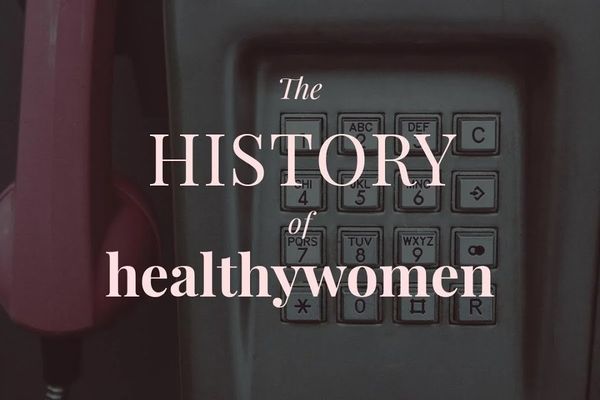From the Desk of Beth Battaglino, RN, CEO, HealthyWomen
C. diff infection is commonly acquired and can be deadly. The best way to protect yourself and your loved ones is with knowledge. Well actually, the best way is proper hand washing with soap and warm water (alcohol-based hand sanitizers won’t do the trick!) — but knowledge is the first step to fighting C. diff infection.
When we say C. diff, we’re talking about Clostridioides difficile, a bacteria that can cause colitis, an inflammation of the colon, which triggers symptoms like severe stomach pain, nausea and diarrhea that last more than three days. This isn’t your typical stomach bug, though — it can be life-threatening, sometimes leading to hospitalization and even death.
As a nurse, I know far too well how serious C. diff infections can be. There are nearly half a million cases and as many as 30,000 deaths reported each year, putting C. diff in the category of infections considered urgent public health threats by the Centers for Disease Control and Prevention. And, once you’ve gotten one C. diff infection, your odds of getting another go up each time you get it, creating a recurrent C. diff infection cycle.
I know, ladies, we already have so much to juggle in our lives and we really don’t need one more thing to manage. But women are a big factor in stopping the spread of C. diff, not only because we’re more susceptible to getting it but because we’re also often the healthcare decision-makers and enforcers in our families.
So, it’s worth just a few minutes of your time to learn about C. diff and how to protect yourself and loved ones against recurring infections.
Read: What Is C. diff? What You Need to Know About This Deadly Infection >>
And remember, if you have symptoms like severe belly pain or cramping, a new fever, three or more watery stools a day, or blood in your stool, don’t ignore them and contact your healthcare provider.
In good health,
Beth Battaglino
This educational resource was created with support from Ferring Pharmaceuticals USA.







